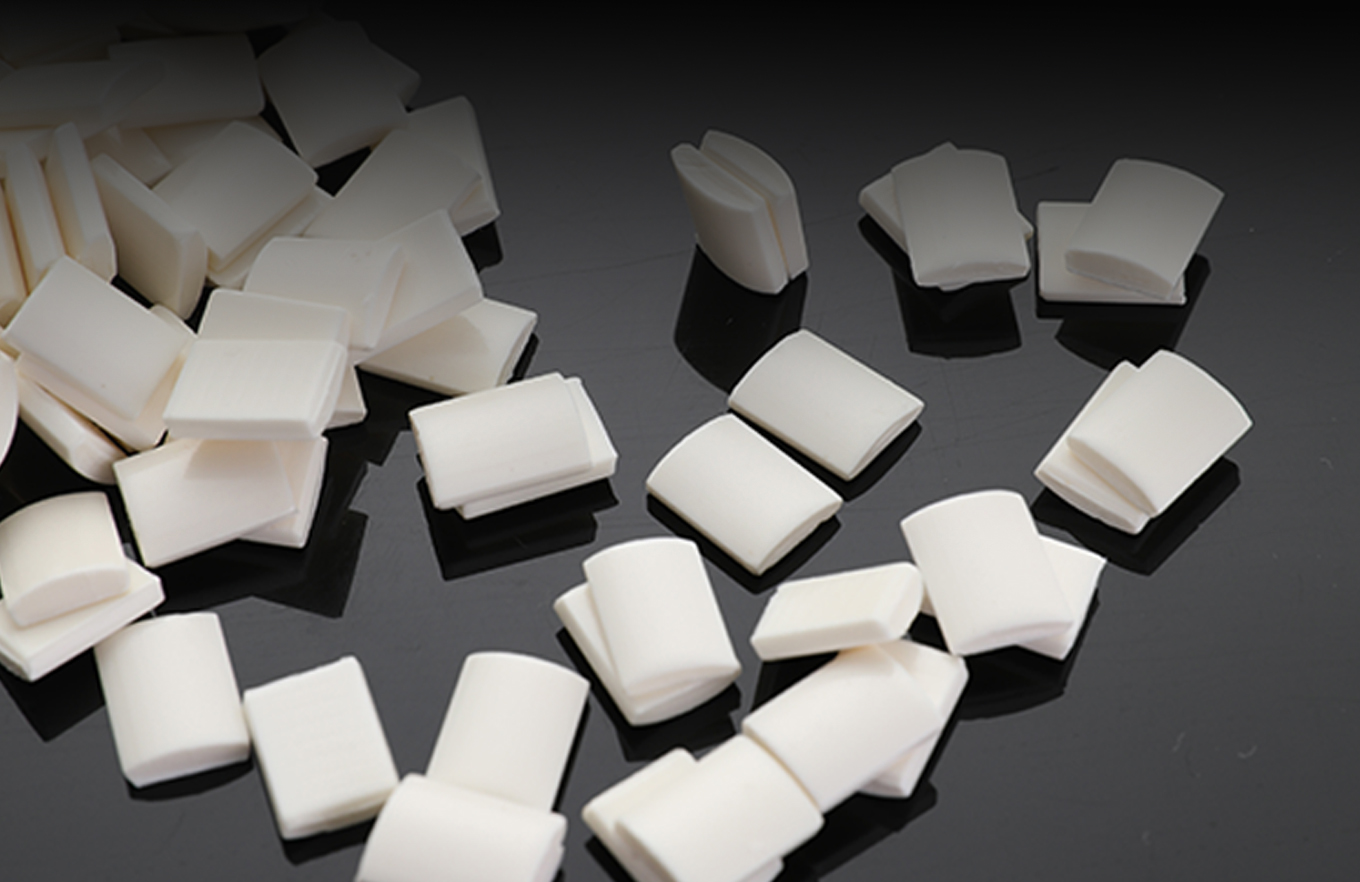
In an era where sustainability is no longer a choice but a responsibility, the role of manufacturers in minimizing environmental impact is under the spotlight. Among them, EVA adhesive manufacturers are making notable strides to innovate in eco-friendly ways. As demand grows across diverse industries, these manufacturers are finding new opportunities to integrate green practices into their processes. Now, it becomes evident how EVA adhesive manufacturer strategies are being shaped by global expectations for environmentally responsible production.
With an increasing number of industries shifting towards eco-conscious solutions, sustainable adhesive production is essential. Companies like Samad Adhesive are setting benchmarks in sustainable manufacturing, offering adhesives that meet both industrial performance and ecological standards.

Manufacturing adhesives has traditionally involved the use of petroleum-based chemicals, high energy consumption, and emissions that affect air and water quality. Recognizing these challenges, forward-thinking EVA adhesive manufacturers a reactively seeking to reduce their environmental footprint. This includes revisiting raw material sourcing, minimizing hazardous waste, and introducing energy-efficient machinery in their operations.
Samad Adhesive, a reputable name in the industry, has adopted sustainable procurement by sourcing renewable and less toxic raw materials, which directly reduces emissions and aligns with global green policies.
One of the key approaches in sustainable adhesive production is the adoption of green chemistry. For an industrial adhesive manufacturer, this means formulating products that are free of harmful solvents and volatile organic compounds(VOCs). The development of water-based EVA adhesives, bio-based alternatives, and recyclable packaging contributes to this sustainable shift.
Samad Adhesive incorporates such methods to maintain product integrity while lowering environmental risks. Their efforts reflect a deeper understanding of balancing industrial strength with ecological impact.

Reducing the carbon footprint at manufacturing plants is a major component of sustainability. Top EVA adhesive manufacturers are transitioning to energy-efficient systems, including solar-powered operations, LED lighting, and closed-loop cooling systems. These efforts not only cut down on emissions but also significantly lower operational costs.
By modernizing their infrastructure, companies like Samad Adhesive ensure that their production processes are in line with energy conservation benchmarks, further enhancing their status as an eco-conscious industrial adhesive manufacturer.
Adhesive production often results in solid and liquid waste, which if not properly handled, can pose environmental hazards. Implementing waste reduction strategies such as reusing production by-products and adopting closed-loop water systems has become crucial for sustainable operations.
Samad Adhesive exemplifies this through initiatives that transform manufacturing waste into usable raw materials, reducing landfill contributions and promoting circular production practices.
Sustainability in manufacturing isn’t just about internal practices; it’s also about meeting international regulatory standards. Top EVA adhesive manufacturers pursue certifications like ISO 14001 for environmental management and comply with REACH and RoHS standards to ensure their products meet environmental safety criteria.
Samad Adhesive continues to stay ahead of the curve by aligning its operations with global compliance frameworks, which not only builds credibility but also reinforces trust among industrial clients.
The adhesives manufactured by eco-conscious producers are designed to support sustainable applications, from recyclable furniture assemblies to eco-friendly packaging. The ability of EVA adhesive manufacturers to tailor their formulations for such applications amplifies their role in larger sustainability ecosystems.
Whether in automotive assembly or footwear fabrication, adhesives from Samad Adhesive have enabled clients to meet their sustainability goals without compromising performance.
A responsible industrial adhesive manufacturer goes beyond production to educate their clients on best practices for using adhesives sustainably. This may include providing usage guidelines that reduce wastage, recommending suitable application techniques, and offering solutions that allow for cleaner disposal.
Samad Adhesive regularly engages with its industrial partners to promote environmental stewardship, showing that sustainability is a collaborative journey.
Future-forward EVA adhesive manufacturers understand that sustainable innovation is a continuous process. R&D investments allow them to discover alternative raw materials, refine manufacturing techniques, and develop adhesives that are biodegradable or derived from plant-based sources.
The R&D wing of Samad Adhesive is committed to exploring next-generation adhesives that meet both industrial requirements and environmental standards, preparing the brand to meet tomorrow's challenges today.
Looking for an adhesive partner who values sustainability? Contact us today for reliable, eco-friendly solutions.
Finishing this off by saying that sustainability in EVA adhesive manufacturing is no longer optional, it's a business imperative. From sourcing greener materials to refining production processes, modern EVA adhesive manufacturers are making bold moves toward a cleaner future. Companies like Samad Adhesive are not only leading by example but also helping their clients adopt sustainable practices through high-performance, environmentally responsible products. As industries evolve, so must the materials that support them, and sustainable adhesives area vital part of this transformation.
A sustainable EVA adhesive manufacturer focuses on using renewable resources, reducing emissions, and complying with environmental regulations while delivering high-quality industrial adhesives.
They reduce impact through green chemistry, waste recycling, energy efficiency, and sustainable sourcing of raw materials.
Yes, sustainable EVA adhesives offer comparable bonding strength and durability while significantly reducing environmental harm.